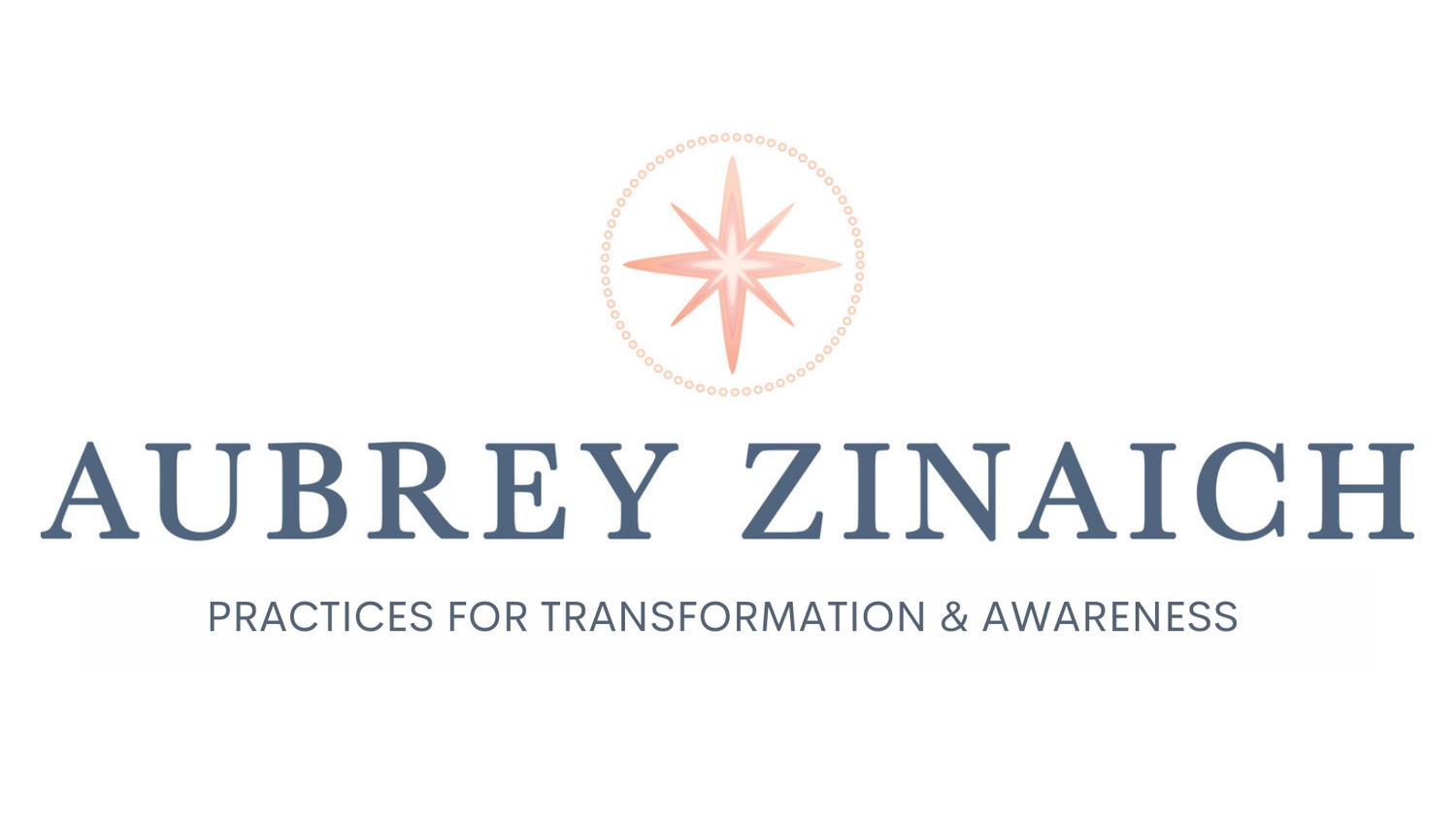ABOUT
Aubrey Zinaich (she/her)
E-RYT-500, YACEP, RPYT-85 (Prenatal)
What Informs My Practice
My practice is rooted in a deep commitment to self-discovery and conscious awareness. This journey continually inspires me to embody a path of devotion and service, values passed down to me through the example of my teachers.
I view yoga as far more than physical postures—it is a profound framework for self-realization and a guide to living in alignment with our most authentic selves. I’m especially drawn to the transformative spaces in life—the moments of transition, growth, and vulnerability—and to the practice of bringing greater awareness and presence to those experiences.
Many of the photos on this website were taken by Hill Honeck.





